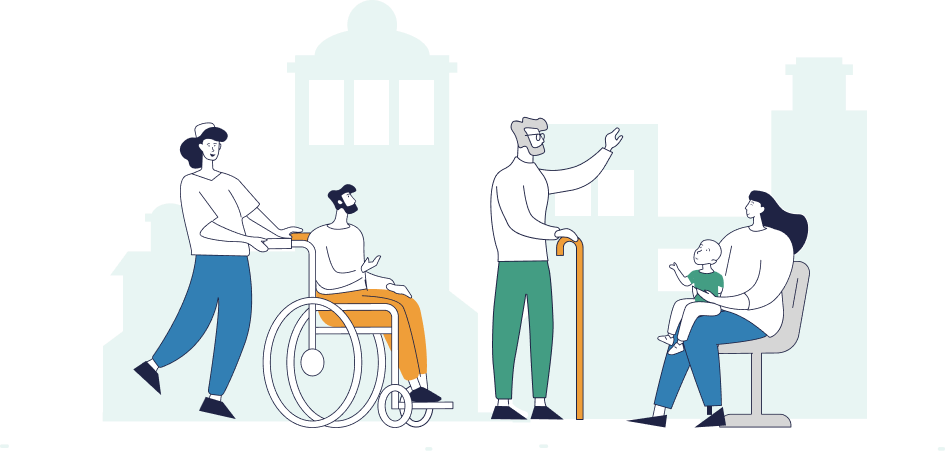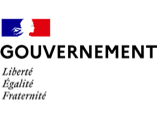Knowledge of social and medico-social structures
Discover the structures in which to innovate

Supporting the elderly
Supporting people with disabilities
Home accompaniment
Child protection
Supporting people in specific difficulties
Reception, accommodation and integration
Good to know
A DUI is said to be "Ségur referenced" if it complies with the technical, functional and ergonomic requirements defined as part of the Ségur digital healthcare program.
The "Ségur referenced" DUI rate is to be distinguished from the sector's computerization rate.
Social and medico-social sector structures
Why are there different social and medico-social structures?
Medico social structures play an essential role in supporting individuals at various stages of their lives. These establishments provide a variety of tailored services, from support for the elderly to childcare. Understanding the different types of social and medico-social structures is crucial to innovating in the sector in order to develop solutions that truly meet needs.
What innovations can impact the various medico-social and social accompaniments for the elderly?
Medical-social establishments dedicated to the elderly, such as EHPAD (Établissements d'Hébergement pour Personnes Âgées Dépendantes), offer comprehensive social and medical-social support. These services include medical care, assistance with activities of daily living, and programs designed to maintain residents' autonomy. Technological innovations in this field can improve seniors' quality of life by offering teleassistance solutions, remote medical monitoring, medication management and more.
Supporting people with disabilities
What medico-social and social innovations can improve the lives of people with disabilities?
Medical-social establishments for people with disabilities provide a variety of services, tailored to the specific needs of individuals. These facilities offer medical care, support for education and vocational training, as well as programs to promote independence. Innovations in e-health can include assistive communication devices, applications for adapted education, tools to facilitate social and professional integration, etc.
How can home support be transformed by medico-social and social innovations?
Home support services enable elderly or disabled people to remain at home while receiving the help they need. These services include in-home medical care, assistance with household chores and psychological support. E-health technologies can transform these services by introducing remote monitoring systems, connected health sensors, care coordination platforms and more.
How can an innovator in the medico-social and social sector positively impact the care of children?
Child protection is a crucial area of social and medico-social structures. Services include taking in children at risk, supporting families in difficulty, and setting up appropriate educational and care programs. E-health innovators can contribute by developing tools for monitoring and evaluating interventions, educational applications, solutions for communication between healthcare professionals and families, etc.
Supporting people with specific difficulties
What kinds of solutions would improve medico-social and social support for people with specific difficulties?
Some medico-social establishments specialize in supporting people facing specific difficulties, such as mental disorders, addictions or chronic illnesses. These facilities offer medical care, social support and rehabilitation programs. E-health solutions can include therapeutic monitoring applications, online support platforms, chronic disease management tools and more.
Reception, accommodation and integration
What are the social innovation needs of reception, accommodation and insertion structures?
Shelter, accommodation and integration facilities offer essential support to people who are homeless or in situations of great precariousness. These establishments provide temporary accommodation, healthcare services, and support towards social and professional integration. Innovations can facilitate the coordination of services, offer remote health monitoring solutions, and help manage integration pathways.
A variety of medico-social and social structures
Getting to know the specific features of the various medico-social and social structures, a public issue.
By understanding the specific features of different medico-social and social structures, it is possible to create solutions tailored to the real needs of users and professionals in this sector. Technologies can play a transformative role, improving the efficiency of services and the quality of life of supported individuals.
Medico social structures play a crucial role in supporting individuals at various stages of their lives. These social and medico-social services are aimed at adults and children alike, and the reason there are so many structures is to ensure that all those in need are entitled to appropriate support. Thus, each establishment has its own specific features, but all aim to offer a quality service in terms of care, health, education and autonomy.

